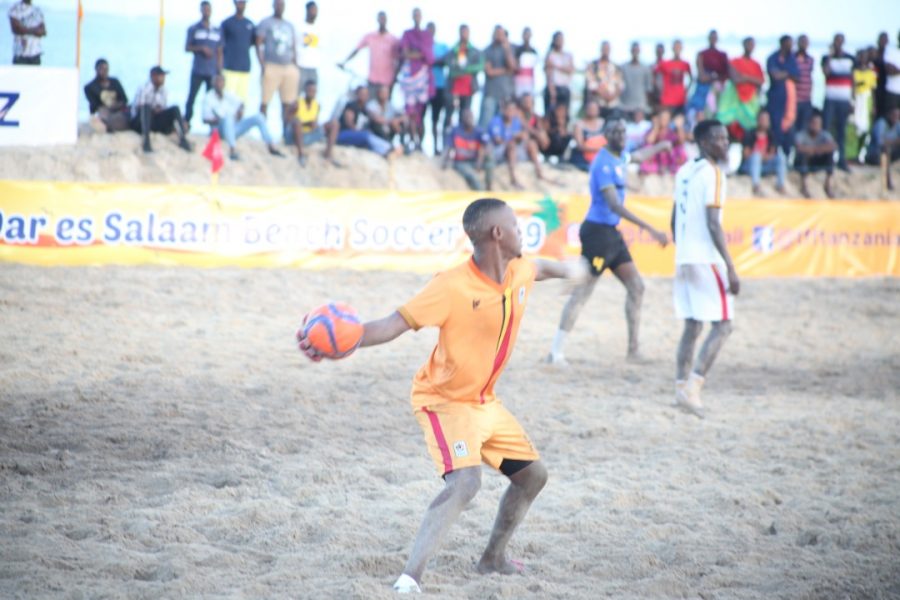Uganda, often referred to as the “Pearl of Africa,” is a land of rich cultural diversity, traditions, and heritage. Within this vibrant tapestry, one can discover a treasure trove of indigenous sports deeply woven into the nation’s cultural tapestry. These sports are not merely physical activities; they serve as reflections of history, identity, and communal spirit. In this article, we delve into the cultural significance of these indigenous sports in Uganda, shedding light on their historical origins, their role in preserving cultural heritage, and their enduring relevance in contemporary society. However, before we embark on this cultural journey, take a moment to explore how to download the relevant app by clicking here: https://1xbet-uganda.ug/app-download/, and discover how it contributes to promoting sports engagement and enthusiasm among Ugandans.
Embracing the Past: A Glimpse into Indigenous Sports
Indigenous sports in Uganda are a testament to the country’s rich cultural diversity. They represent a heritage passed down through generations, embodying the values, beliefs, and customs of different ethnic groups.
From the Ankole region’s traditional bullfighting, known as “Ekitaguriro”, to the Baganda’s iconic sport of “Ekitiibwa kya Buganda” (wrestling), these indigenous sports are deeply rooted in local customs and rituals. They serve as a source of pride and a medium through which communities celebrate their history and identity.
Preserving Cultural Heritage
Indigenous sports in Uganda are not mere relics of the past; they are living traditions that continue to thrive. They serve as a way to preserve cultural heritage and pass it down to future generations. These sports are integral to ceremonies, festivals, and community gatherings.
For example, the sport of “Lukwata” (swimming) among the Basoga people is not just a physical activity; it is a rite of passage that symbolizes courage and the ability to navigate life’s challenges. Similarly, the “Mweso” board game is not merely a pastime but a reflection of the Baganda’s strategic thinking and problem-solving skills.
Fostering Social Cohesion
Indigenous sports also play a pivotal role in fostering social cohesion and community bonding. They bring people together, transcending linguistic and cultural barriers. In Uganda, sports often serve as platforms for interaction and exchange between different ethnic groups.
Events like “Ekitaguriro” bullfighting competitions draw spectators from various communities, creating a sense of unity and shared experience. Such gatherings not only promote friendly competition but also strengthen the nation’s social fabric.
Challenges and Revival Efforts
While indigenous sports in Uganda hold immense cultural significance, they face various challenges in the modern era. Urbanization, changing lifestyles, and the influx of Western sports have led to a decline in the practice and recognition of these traditional sports.
Efforts are underway to revive and promote indigenous sports, with organizations and communities working to reintroduce these activities to younger generations. These revival efforts include organizing tournaments, cultural festivals, and educational programs that highlight the value of indigenous sports in preserving Uganda’s cultural heritage.
Bridging the Gap
In the context of promoting sports engagement in Uganda, platforms like 1xBet Uganda play a valuable role. While 1xBet is known for its offerings related to modern sports, it also recognizes the importance of embracing and celebrating indigenous sports.
By providing a platform that allows bettors to engage with a wide range of sports, including indigenous ones, 1xBet Uganda contributes to preserving cultural heritage. The platform encourages enthusiasts to learn more about these traditional sports, follow their competitions, and celebrate their significance.
The Resilience of Indigenous Sports
Indigenous sports in Uganda are more than just games; they are living expressions of cultural identity and continuity. They remind Ugandans of their roots, their shared history, and the diversity that defines their nation.
The resilience of indigenous sports lies in the hearts of those who continue to practice and celebrate them. As Uganda continues to evolve and embrace modernity, it is essential to safeguard and promote these precious traditions. Indigenous sports are not relics of the past but vibrant symbols of the nation’s cultural vitality.
Conclusion
The cultural significance of indigenous sports in Uganda is a testament to the nation’s heritage and diversity. These sports are living traditions that unite communities, preserve cultural identity, and foster social cohesion. While they face challenges in a rapidly changing world, efforts to revive and celebrate indigenous sports are vital for preserving Uganda’s rich cultural tapestry.








